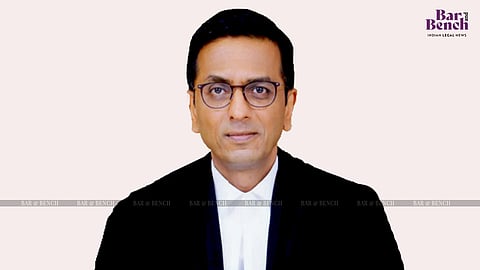
- News
- Columns
- Interviews
- Law Firms
- Apprentice Lawyer
- Legal Jobs
- हिंदी
- ಕನ್ನಡ

Caste system is rooted not just in historical inequalities but also in complex realities of today and inherent complexities in law perpetuate such divisions in the society, Chief Justice of India (CJI) DY Chandrachud said on Saturday.